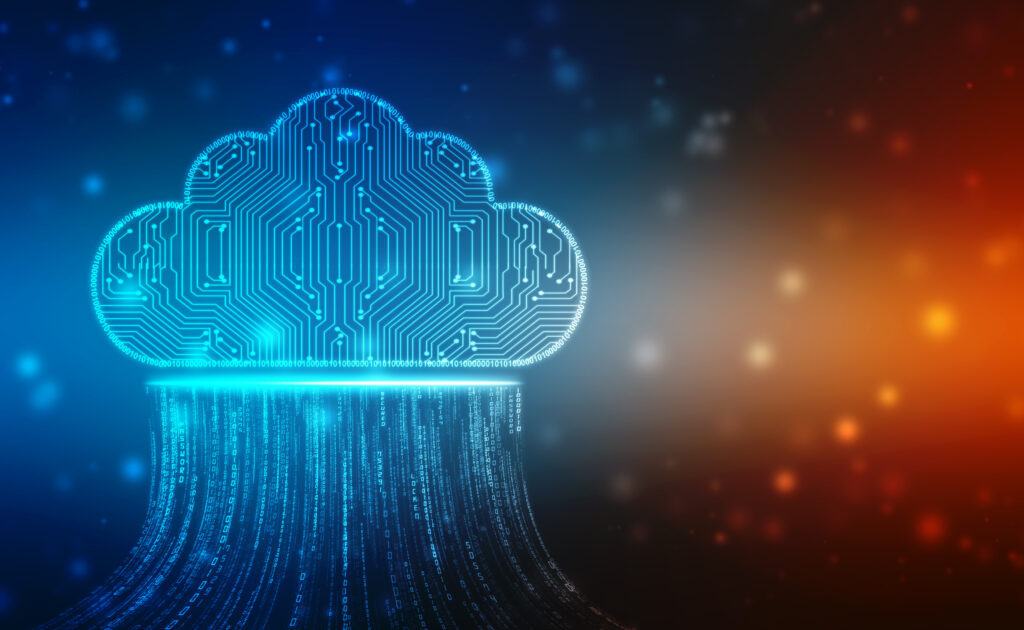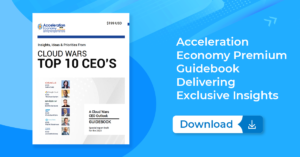
With the introduction of Salesforce’s high-ambition AI Cloud and Marc Benioff’s declaration that the company’s Data Cloud is its fastest-growing product ever, is the company with the CRM stock ticker still all about just CRM?
Okay, that might be a deeper question than we can resolve right now, but a portion of it that we can dig into is the rise of the Data Cloud within the company and as an indispensable component of the company’s new AI Cloud.
First, let’s tie together how the Data Cloud — the company’s fastest-growing cloud ever — fits in with its ambitious AI Cloud. Salesforce describes that new AI Cloud as “a suite of capabilities optimized for delivering trusted, open, and real-time generative experiences across all applications and workflows.” Like I said, that’s pretty darn ambitious — particularly for a company that, no matter how big and expansive it gets, always tries to tie everything it does back to CRM.
The core components of Salesforce’s AI Cloud are Einstein, the aforementioned Data Cloud, Tableau, Flow, and MuleSoft. And while they’re all deeply enmeshed in this impressive new gambit from Benioff, the Salesforce press release announcing the AI Cloud says that one of those stands above all the others:
“At the heart of AI Cloud is Einstein, the world’s first AI for CRM, which now powers over 1 trillion predictions per week across Salesforce’s applications. With generative AI, Einstein helps make every company and employee more productive and efficient across sales, service, marketing, and commerce.”
After all, a trillion predictions a week is not a trivial to-do list! That boils down to about 6 billion predictions every single hour. So the Einstein engine clearly has its work cut out for it.
But all those predictions — 100 million every minute, 16.667 million every single second — aren’t going to happen or won’t be very accurate without relevant, clean, and well-trained data.
Enter the Data Cloud
That’s why I think the real straw that stirs this drink for Salesforce is the Data Cloud, about which Benioff positively raved during the company’s big AI Cloud Day on June 12.
But Benioff first set the stage for why there’s such a big need for the Data Cloud, and here are his key remarks on that transcribed from the video of the June 12 event.
“I don’t think a customer interaction or story or meeting today starts or ends without this idea of what’s really happening with generative AI,” Benioff said. “And so these CEOs and CIOs we’re talking to are so inspired and they’re like, ‘What we’re gonna do is we’re gonna start working with these large language models and we’re gonna take all of our corporate data and we’re gonna put it into the LLM and then all of a sudden we’re gonna have an instantly intelligent company!
“Well, it’s not quite like that,” Benioff said.
“And the reason why they think that is they already know how these other more-public models are working where they take these huge vacuum cleaners and they’re just vacuuming up all the data off the internet that they can get.
“Okay, so these executives are just taking publicly available data or just data that’s out there off of the internet that can be scraped. They’re taking it in training their models with as much data as they can bring down and then they’re taking that data and then they’re turning on their LLM and whatever comes out of it is great.
And then if there’s this concept of hallucination or if the LLM has basically started to lie, well, that’s not really their responsibility. Their responsibility is to kind of give you the best case they can with their generative artificial intelligence,” Benioff said.
“But, that’s not exactly the world of trust that we live in.”
DIY is not the answer
Into the breach are new approaches from most of the Cloud Wars Top 10 companies, and for Salesforce that means its high-growth Data Cloud, which since its introduction in late 2022 “has become our fastest-growing cloud ever,” Benioff said.
“And one of the reasons why this is becoming such an important cloud for our customers is that as every customer is preparing for generative AI, they must get their data together. They must organize and prepare their data. So creating a data cloud is so important.
“But the problem for a lot of our customers is that they might be creating data clouds but with teams or with technologies that are outside of the Salesforce ecosystem, and that’s why we extended our Salesforce core platform with this product that was intelligent, real-time, automated, and hyperscale… And in the last year, it’s taken off like a rocket ship.”
As customers look to artfully engage their own data — plus as much outside data as is helpful and responsible — the right sort of data cloud can be the grand and safe orchestrator of their digital-business future, Benioff explained.
“The data cloud sets the stage in the beginning for every customer’s AI journey,” he said, “and we’re ready to begin connecting with our customers in a whole new way.
“That’s been our core idea: to provide that Customer 360 experience from Sales to Service to Marketing to Commerce to Tableau to Slack and to all the capabilities of Salesforce and then augmented by generative AI.”
Final Thought
It’s a big vision, and one that Salesforce might be uniquely qualified to turn into reality.
To understand the shifting sands of how mid-market and enterprise CXOs are making purchase decisions to modernize technology, consider Acceleration Economy’s “Selling to the New Executive Buying Committee,” a Course designed to assist vendors, partners, and buyers in this process.










